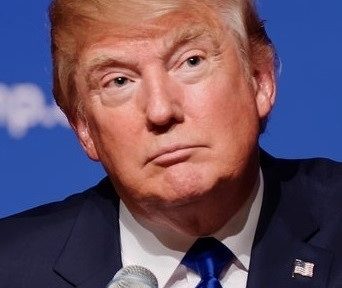
An NFT, or non-fungible tokens, is a type of digital asset that represents ownership or proof of authenticity of a unique item or piece of content. NFTs are stored on a blockchain, which is a decentralized, digital ledger that records transactions across a network of computers.
NFTs are unique in that they cannot be exchanged for other assets in a one-to-one manner like traditional currencies or commodities. They are often used to represent items such as artwork, collectibles, and virtual real estate.
Advantages of NFTs
NFTs (non-fungible tokens) are a specific type of asset held on the blockchain. Many NFTs are pieces of digital art, although there are other uses, such as real estate deeds and certificates of authenticity for real-world assets. The advantages to holding an NFT include the following:
- The blockchain makes it nearly impossible for assets to be stolen or forged.
- Ownership is easily verifiable, depending on which blockchain it’s held on.
- Legitimate transfer of NFTs is a simple, clear-cut process.
- Assets are non-fungible, meaning that they’re unique and are well-suited to represent individual items.
NFTs are often used for pieces of art. Just as a painting by Claude Monet has value, so too do artworks represented by NFTs. For example, a CryptoPunk NFT created by Larva Labs could be worth multiple millions of dollars. As with physical art, these NFTs can offer a way to transfer wealth from one generation to another.
Estate Planning Challenges With NFTs
NFTs have the same challenges as other assets that are stored on a blockchain. Heirs must be aware of the existence of the NFTs, know which blockchain the NFT is held on, and be able to access the NFT as an owner. None of these factors happen by chance. Preparation by the asset holder prior to their death is vital to ensure the orderly transfer of assets to heirs.
Estate planning, especially by those who hold sizeable assets, is vitally important. However, the ownership of NFTs or other blockchain assets makes consulting a qualified professional of utmost importance. Without planning, these assets could easily be lost forever.





